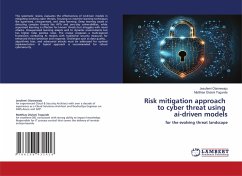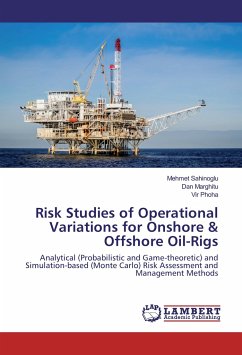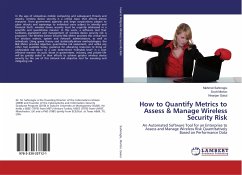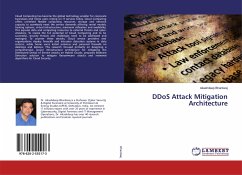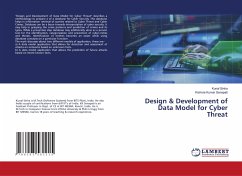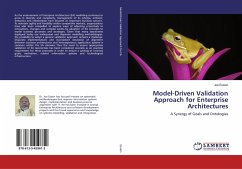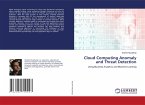This systematic review evaluates the effectiveness of AI-driven models in mitigating evolving cyber threats, focusing on machine learning techniques like supervised, unsupervised, and deep learning. Deep learning excels in detecting complex threats like APTs and zero-day vulnerabilities, while supervised learning is effective for known threats but struggles with novel attacks. Unsupervised learning adapts well to dynamic environments but has higher false positive rates. The review proposes a multi-layered framework combining AI models with traditional security measures for enhanced threat detection and response. Challenges such as data quality,algorithmic bias, and adversarial attacks must be addressed for optimal implementation. A hybrid approach is recommended for robust cybersecurity.
Bitte wählen Sie Ihr Anliegen aus.
Rechnungen
Retourenschein anfordern
Bestellstatus
Storno

